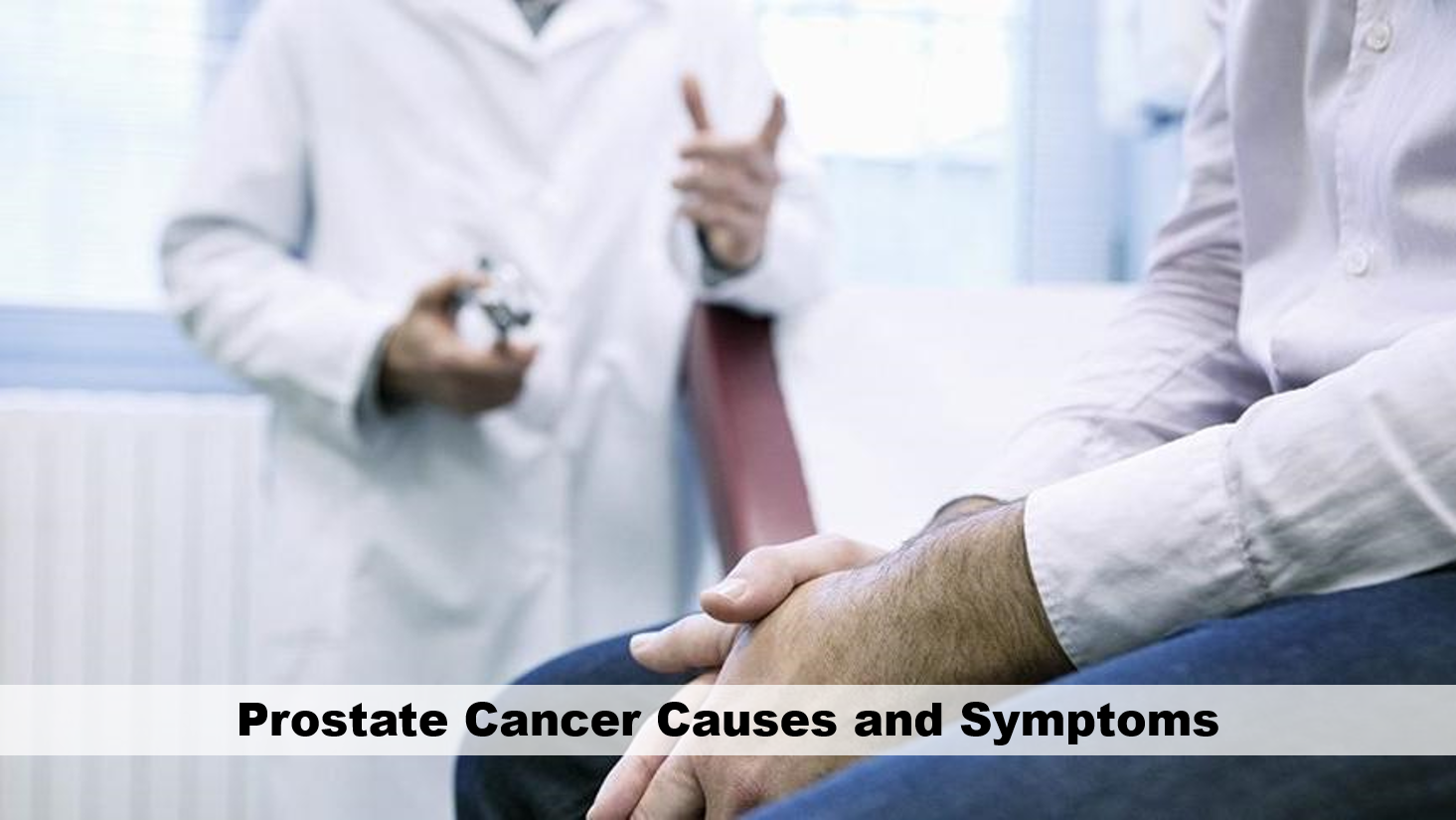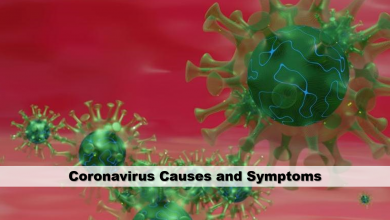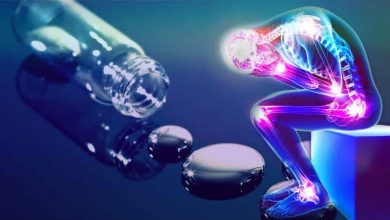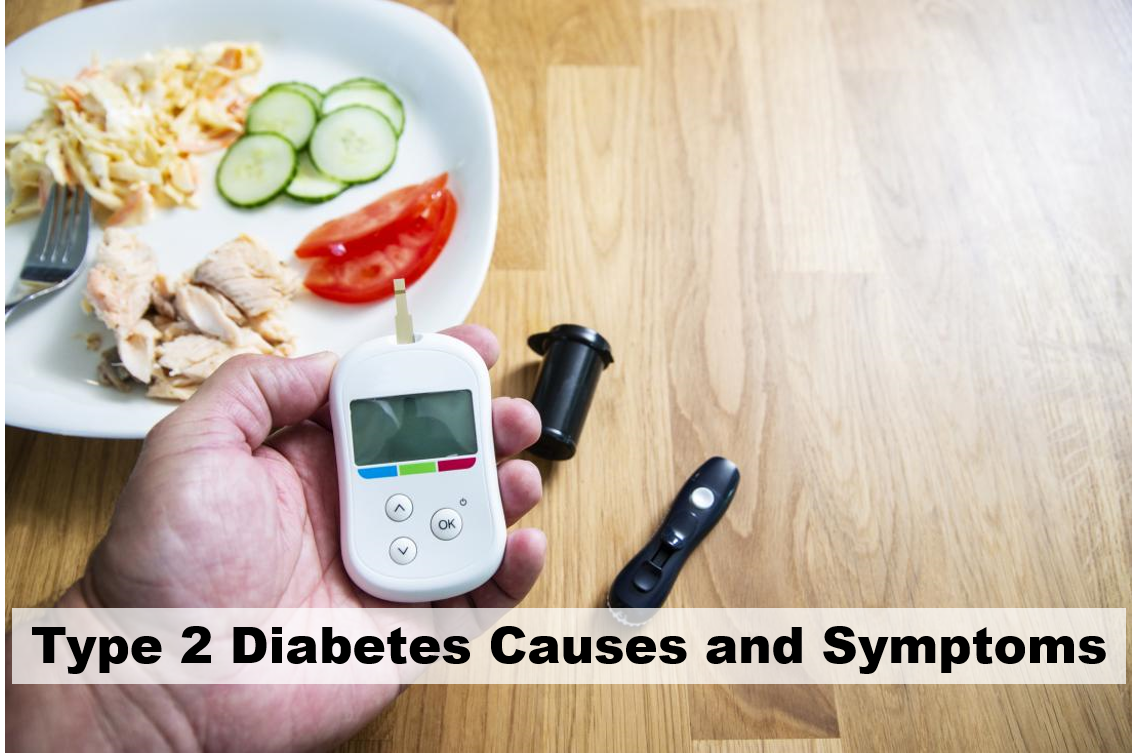Prostate Cancer Causes and Symptoms

Prostate Cancer Causes and Symptoms. Prostate cancer is one of the most common types of cancer in men. According to data from the American Cancer Society, men have a lifetime risk of prostate cancer of 16.7% and a loss of life of 2.5%. One in every five to six men is at risk of having prostate cancer. Prostate cancer is diagnosed every 3 minutes in the world, and life losses due to prostate cancer occur every 14 minutes. Here, we will talk about prostate cancer causes and symptoms in the following text.
Prostate Cancer

The prostate, which is part of the male reproductive system, is a gland that surrounds the outlet of the bladder just below the bladder, in front of the intestines. Prostate, whose main task is to produce the fluid that protects the sperm and store the sperm in a healthy way, also prevents the incontinence by squeezing the sphincter muscles and bladder mouth. The prostate capsule, which is divided into three areas surrounded by capsules, separates the prostate from other parts of the body. Prostate cancer is caused by uncontrolled growth of cells in the prostate gland. Cancer cells spread primarily into the prostate, showing uncontrolled growth. It then extends to the surrounding capsule, penetrating the capsule and spreading out of the prostate. During the period of growth and spread, it can spread to nearby organs, the lymphatic system, and other parts of the body through the bloodstream. It can also show a highly aggressive character and spread to the bones and other organs.
Prostate Cancer Causes
The exact cause of prostate cancer is not known. Prostate cancer is caused by uncontrolled growth of some prostate cells and replacement of normal cells due to genetic defects at the cell level. It can then spread to the surrounding tissues and further to distant organs.
Hereditary or Genetic Factors
9% of prostate cancers are hereditary and 15% of those with prostate cancer have first-degree male relatives. The mutation in the BRCA2 gene, which is known to be associated with breast and ovarian cancers in women, has been observed to increase the risk of prostate cancer in men.
Non-Genetic (Environmental) Factors
In prostate cancer, environmental factors are more effective than genetic factors. For example, a Chinese person living in China has a very low risk of developing prostate cancer compared to an American, while the same Chinese individual has a similar risk to prostate cancer when living in the US for a long time.
Age: The risk of prostate cancer increases with age. Prostate cancer, which is rare in men under the age of 50, is common in men over the age of 55. It is known that 1 out of every 6 men will be diagnosed with prostate cancer during their lifetime.
Race: Race factor is also important in prostate cancer. Prostate cancer, most commonly seen in black men, occurs later in white men. It is also rarely seen in men living in the Asia / Pacific islands.
Nutrition: The direct effect of nutrition on prostate cancer has not been established. Although previous studies have shown that selenium and vitamin E may reduce the risk of prostate cancer, more clear results from subsequent studies have shown that neither of them is beneficial. However, consuming unhealthy foods can directly increase the risk of prostate cancer because healthy eating reduces the risk of cancer.
Prostate Cancer Symptoms
Prostate cancer symptoms can be listed as;
- Difficulty urinating, decreased urine output, and other urinary problems
- Blood in the semen or urine
- Painful ejaculation
- Groin pain
- Bone pain
- Erectile dysfunction
If prostate cancer has spread to other parts of the body and organs, it can also give symptoms related to the area. For example; If it has spread to the bone, you will experience bone pain.




